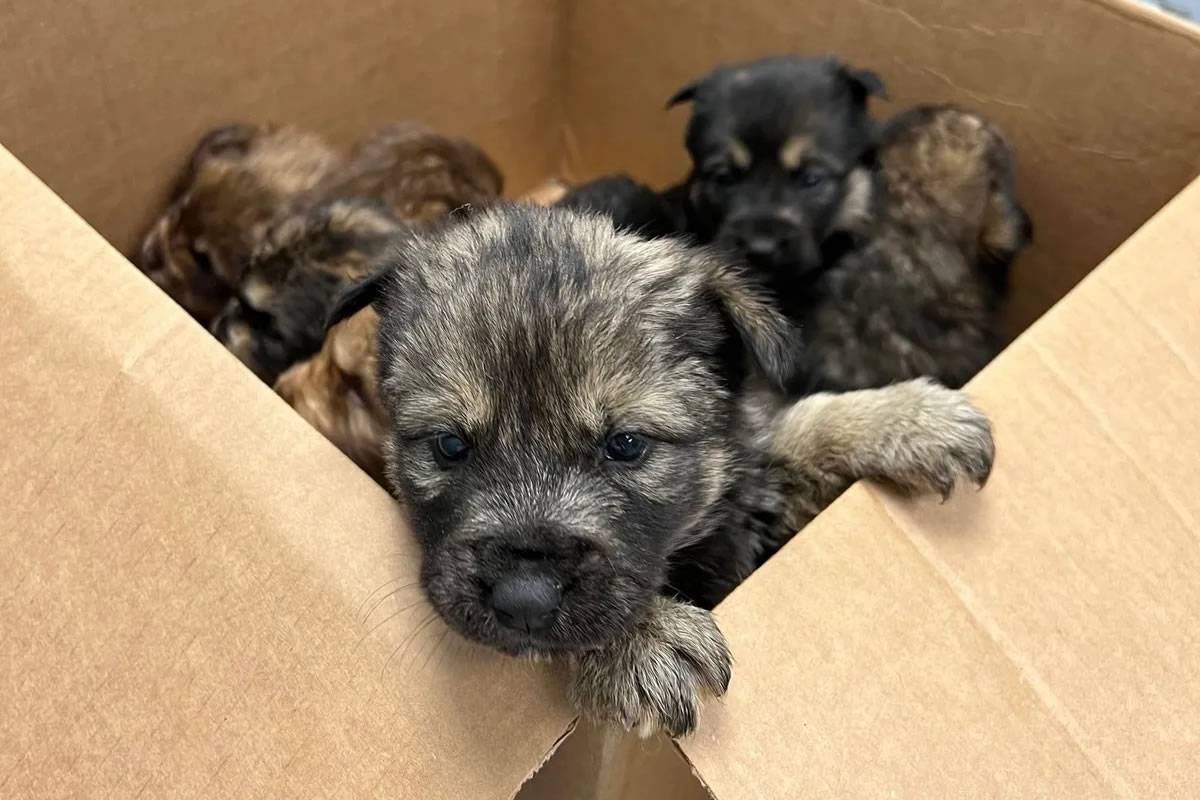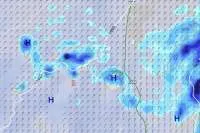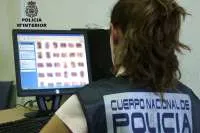Between 4,000 and 6,000 pets are abandoned annually in the Canary Islands
- 20-05-2025
- National
- Canarian Weekly
Between 4,000 and 6,000 pets are abandoned each year in the Canary Islands, with only 10% of dogs and 1% of cats being microchipped, according to the data from the Veterinary Associations covering both provinces of the archipelago.
Currently, the Canary Islands Animal Identification Register, known as Zoocan, managed by these veterinary associations, lists 702,000 animals. In April 2025 alone, 4,859 new animals were registered, including 2,900 dog and 1,938 cats.
These statistics have been released as part of a new campaign called "Identify and Protect," aimed at promoting the identification and welfare of pets among institutions and the public.
Microchipping animals helps notify the authorities of lost pets, facilitates their recovery, allows for the identification of owners, keeps municipal records up-to-date and categorised by species, and assists in managing feline colonies, equines, and potentially dangerous animals.
New Animal Welfare Law for Pet Owners
As of May 2025, pet owners in the Canary Islands are subject to Spain's comprehensive Animal Welfare Law (Ley de Bienestar Animal), which came into effect on 29th September 2023. This legislation introduces several key obligations aimed at enhancing animal welfare and promoting responsible pet ownership.
Key Requirements for Pet Owners:
1. Mandatory Microchipping and Registration: All dogs, cats, ferrets, and birds must be microchipped or banded and registered in the regional Pet Register. Non-compliance can result in fines ranging from €10,000 to €50,000.
2. Civil Liability Insurance for Dogs: Dog owners are required to obtain third-party liability insurance, regardless of the dog's breed or size. This insurance must be maintained throughout the dog's life. Failure to comply may lead to fines up to €10,000.
3. Mandatory Training Course for Dog Owners: Prospective dog owners must complete a free training course on responsible pet ownership before acquiring a dog. Existing dog owners have until 29th September 2025, to complete the course.
4. Supervision and Living Conditions: Dogs cannot be left alone for more than 24 consecutive hours; other pets have a maximum of 72 hours. Pets must not be kept habitually on terraces, balconies, basements, or vehicles.
5. Sterilisation and Breeding Regulations: Pets living outside the interior of homes must be sterilised to prevent uncontrolled breeding. Only registered and professional breeders are permitted to breed animals.
6. Prohibition of Pet Sales in Shops: The sale of dogs, cats, and ferrets in pet shops is prohibited. These animals can only be acquired through registered breeders or adoption from shelters.
7. Ban on Unjustified Euthanasia: Euthanising pets without a justified medical reason is prohibited.
8. Limit on Number of Pets: Private pet owners are limited to a maximum of five animals. Owning more requires a special permit.
9. Enforcement and Penalties: Violations of the Animal Welfare Law can result in penalties ranging from €500 to €200,000, depending on the severity of the offence.
Regional Initiatives in the Canary Islands
To enhance compliance, the Canary Islands have launched the "The Microchip is the Key" campaign, promoting awareness about the importance of pet identification. Veterinary colleges and local authorities are collaborating to distribute microchip scanners and enforce the new regulations.
These measures aim to foster responsible pet ownership and improve animal welfare across the Canary Islands.
Other articles that may interest you...
Trending
Most Read Articles
Featured Videos
TributoFest: Michael Buble promo 14.02.2026
- 30-01-2026
TEAs 2025 Highlights
- 17-11-2025































































